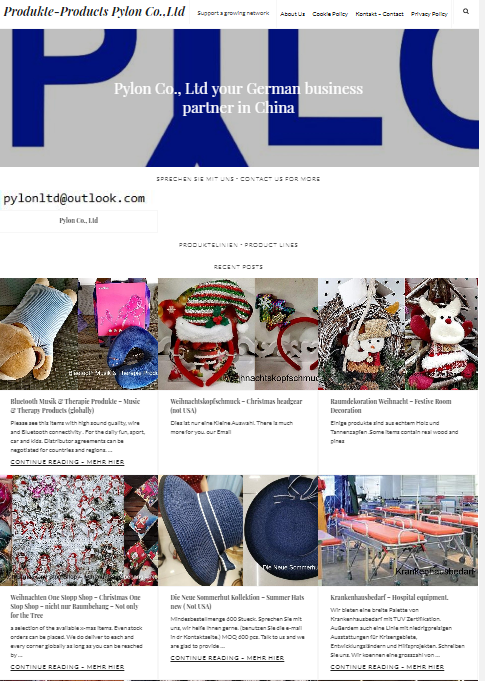Yinzhou's tax income exceeding 10 billion this year
- Details
- Category: Governmental News
- Published: Monday, 11 July 2011 08:56
Good news for the tax income Yinzhou has got. in the first half of this year, the national revenue and the local revenue reached 10.118 billion yuan, breaking 10 billion yuan for half a year for the first time. In the first half of this year, The tax collected by Yinzhou National Revenue Bureau reached 5.357 billion yuan, increased by 28% over the same period of last year. The amount is a historical new high and it ranks No.1 in all the counties, cities and districts of Ningbo. By the end of June, The tax collected by Yinzhou Bureau of Local Taxation reached 4.761 billion yuan, increased by 41.6% over the precious year, making a historical new high. Of the total, the business tax reached 1.317 billion yuan; the enterprise income tax 730 million yuan; and the individual income tax 921 million yuan. Other non-tax income reached 2.746 billion yuan. This year, the stable growth of the industrial economy led to the increase of enterprise income tax by 50.5%. The growth of the salaries, stock interest and so on led to the increase of personal income tax by 16.5% against the same period of the previous year. In addition, other factors like the growth of the urban construction tax, and the increment tax on land value also contributed to the rapid growth of the tax income.









